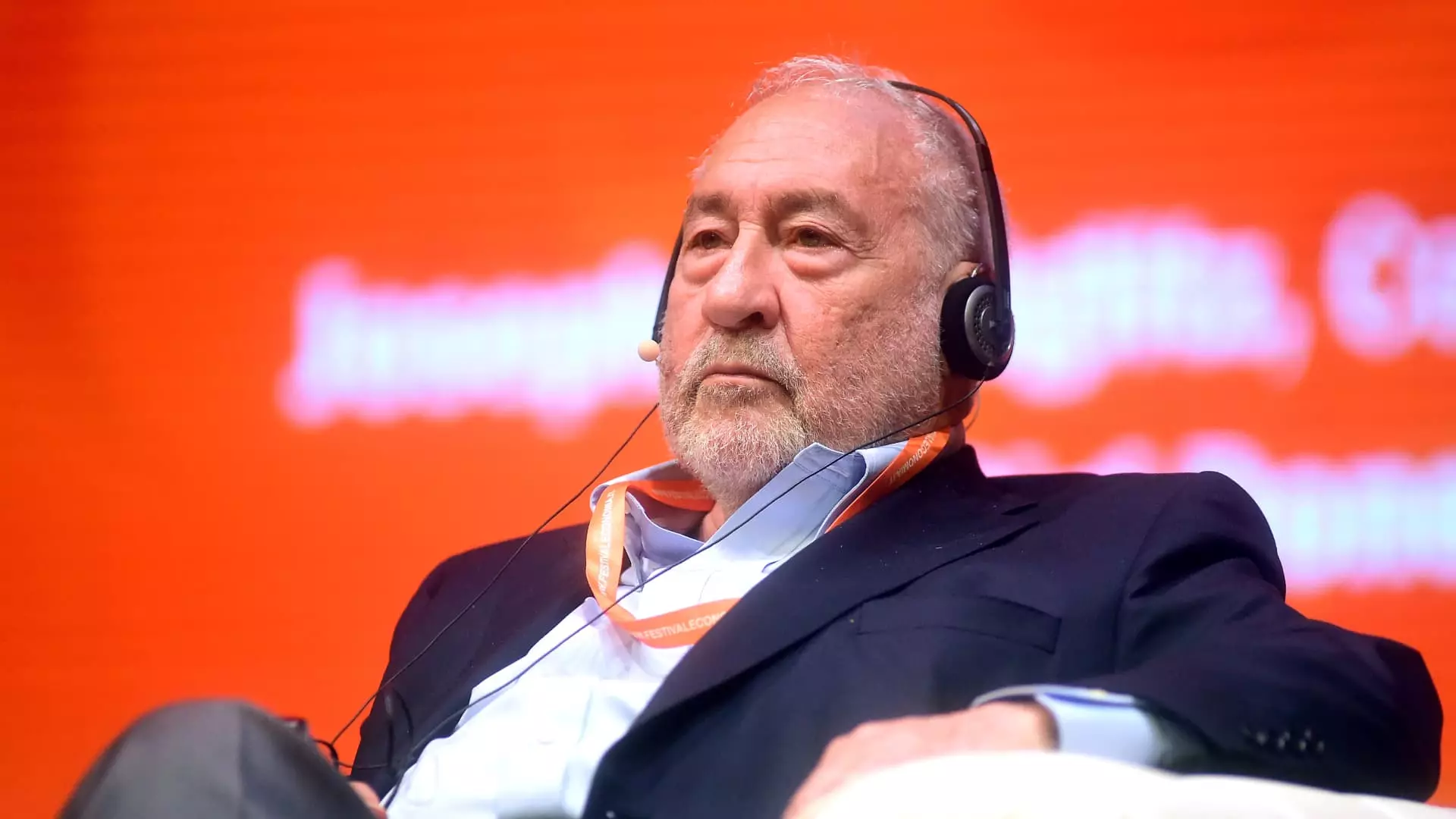Renowned economist Joseph Stiglitz has been vocal about his dissatisfaction with the Federal Reserve’s past actions. He believes that the central bank has been too aggressive in its approach to monetary policy tightening, going “too far, too fast.” Stiglitz argues that this tightening has exacerbated the issue of inflation rather than resolving it. His stance is supported by his analysis of the US economy post the 2008 financial crisis, stating that the Fed’s prolonged period of near-zero interest rates followed by subsequent hikes have not yielded the desired results. Stiglitz is of the opinion that the housing sector, a significant component of inflation, has been adversely affected by the Fed’s policies, leading to an imbalance in the market.
Stiglitz joins several other economists, including JPMorgan’s chief U.S. economist, in calling for a substantial 50-basis point interest rate cut by the Federal Reserve. He believes that a mere 25-basis point reduction, the generally expected outcome, would not be sufficient to address the current economic challenges. Stiglitz underlines the significance of normalizing interest rates but criticizes the Fed for overstepping and creating more problems than solutions. He asserts that lowering interest rates would be more beneficial for the economy, specifically in terms of addressing inflation and unemployment.
If Joseph Stiglitz were in a position to influence the Fed’s decisions, he would vote in favor of a more substantial rate cut. He emphasizes that the current rate is too high and a reduction would help tackle inflation and boost job creation. Stiglitz’s call for a bigger rate cut stems from his belief that the Fed has misinterpreted economic indicators and needs to reevaluate its approach. He highlights the importance of addressing the weaknesses in the economy and advocates for a deeper understanding of the market dynamics to make effective policy decisions.
While Stiglitz and some economists advocate for a 50-basis point rate cut, not everyone shares the same sentiment. George Lagarias, chief economist at Forvis Mazars, argues against the urgency of such a significant cut. He believes that a quarter-point reduction would be more appropriate and that a larger cut might send the wrong signal to the economy. Lagarias cautions against the potential repercussions of a drastic policy change, emphasizing the need for a balanced and cautious approach to monetary policy.
Joseph Stiglitz’s critique of the Federal Reserve’s monetary policy sheds light on the complexity of economic decision-making. His call for a substantial interest rate cut reflects his deep understanding of market dynamics and the consequences of policy actions. While his views are aligned with the need for change, the broader economic landscape requires a nuanced approach that considers various perspectives and potential outcomes. The debate surrounding the Fed’s next steps underscores the importance of informed decision-making and the need for a careful evaluation of the implications of policy changes.

